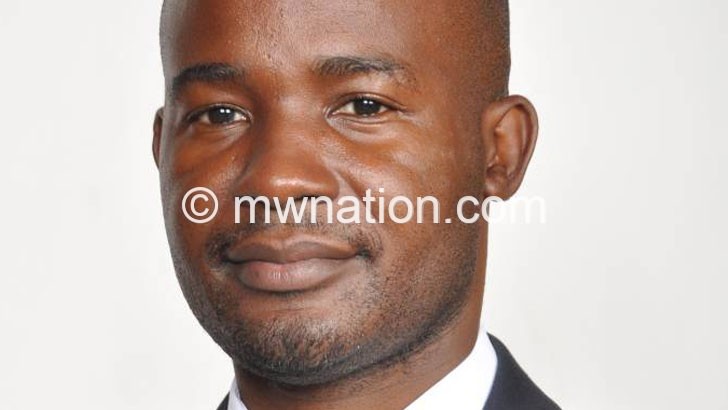Sigh of relief
Malawi has secured International Monetary Fund (IMF) partial approval to receive $88.3 million (K88.5bn) in emergency financing under the Rapid Credit Facility (RCF).
Government has since hailed the development as a positive step in restoring lenders’ confidence.
IMF disclosed the approval in a statement posted on its website following intensive negotiations with government.
IMF said the approval is staff-level agreement with its body’s Executive Board expected to consider its position soon.
“This emergency financing under the new Food Shock Window will help Malawi address urgent balance of payments needs related to the global food crisis.

“Programme Monitoring with Board Involvement will support the government’s economic reforms to restore macroeconomic stability and provide the foundation for an inclusive recovery,” the statement reads in part.
IMF further said “a credible process for the debt restructuring would need to be underway prior to the IMF Executive Board’s consideration.”
“Malawi’s request will be discussed by the IMF’s Executive Board as soon as possible. Malawi is implementing a comprehensive debt restructuring needed to restore debt sustainability,” reads the statement.
The approval comes after the IMF team held discussions with the Malawian authorities between October 11 and 17 2022 in Washington DC, United States.
Before that other meetings were also held in Lilongwe between October 5 and 8, 2022, on Malawi’s request for emergency financing under the new Food Shock Window and for Programme Monitoring with Board Involvement.
“The authorities have initiated a comprehensive debt restructuring process to restore debt sustainability and build a track record with the Programme Monitoring with Board Involvement towards an IMF-supported economic programme financed under the Extended Credit Facility [ECF],” IMF said.
Reacting to the approval in an interview yesterday, Minister of Finance and Economic Affairs Sosten Gwengwe said it will persuade lending institutions to have trust in the country’s financial systems.
“Basically, the real impact of any IMF loan is the signalling effect. What we want to achieve, going forward, is that the donors that pulled out, say in 2013, will start seeing the reforms that we are currently undertaking, especially the integrated financial systems.
“We believe that they can now trust the systems and financial and economic policies and start dealing with us again,” he said.
Meanwhile, the minister has said the country’s target remains that of securing the ECF.
Malawi is seeking a new ECF after cancelling the previous arrangement in September 2020 in search of a fresh start barely two months after the Lazarus Chakwera-led Tonse Alliance administration ascended to power.
Through the cancellation, Malawi forfeited $70 million and total access under the cancelled three-year ECF was about $145 million, including the initial resource envelope of about $112.3 million approved in April 2018 plus $40 million under Augmentation of Access approved in November 2019.
Gwengwe said: “Our target is still to transition to the extended facility. What we have done is to give a strategy on how we will deal with our debts, but instead of the IMF to wait until we conclude that process because sometimes it takes longer. This is why we have become the first low-income country to access the emergency financing because of our food shocks yes, but also the seriousness of our balance of payment.”
Under the RCF, the IMF can also provide support in various circumstances, including external shocks, natural disasters and other emergencies, according to IMF guidelines.
Last week, at the end of the four-day mission to Malawi, IMF officials led by mission chief to Malawi Mika Saito indicated that discussions on a possible programme with Malawi were ongoing and will continue in Washington DC on the sidelines of the IMF-World Bank meetings scheduled for October 11 to 17.
She described the discussions as productive and provided a veiled flicker of hope that Malawi stands a chance to clinch both the RCF and ECF which is crucial to invite more donors.
Saito said: “We had productive discussions with the authorities and made good progress on their request for a disbursement under the Food Shock Window of up to 50 percent of quota and the Staff Monitored Programme with Executive Board Involvement.
“The disbursement under the Food Shock Window combined with the Staff Monitored Programme would help address Malawi’s urgent financing needs and support reforms while providing the country with sufficient time to make progress on the debt restructuring process.”
During this period, government had hoped the July IMF board meeting would approve the ECF which unfortunately was not as the country needed to restore macroeconomic stability among others.





